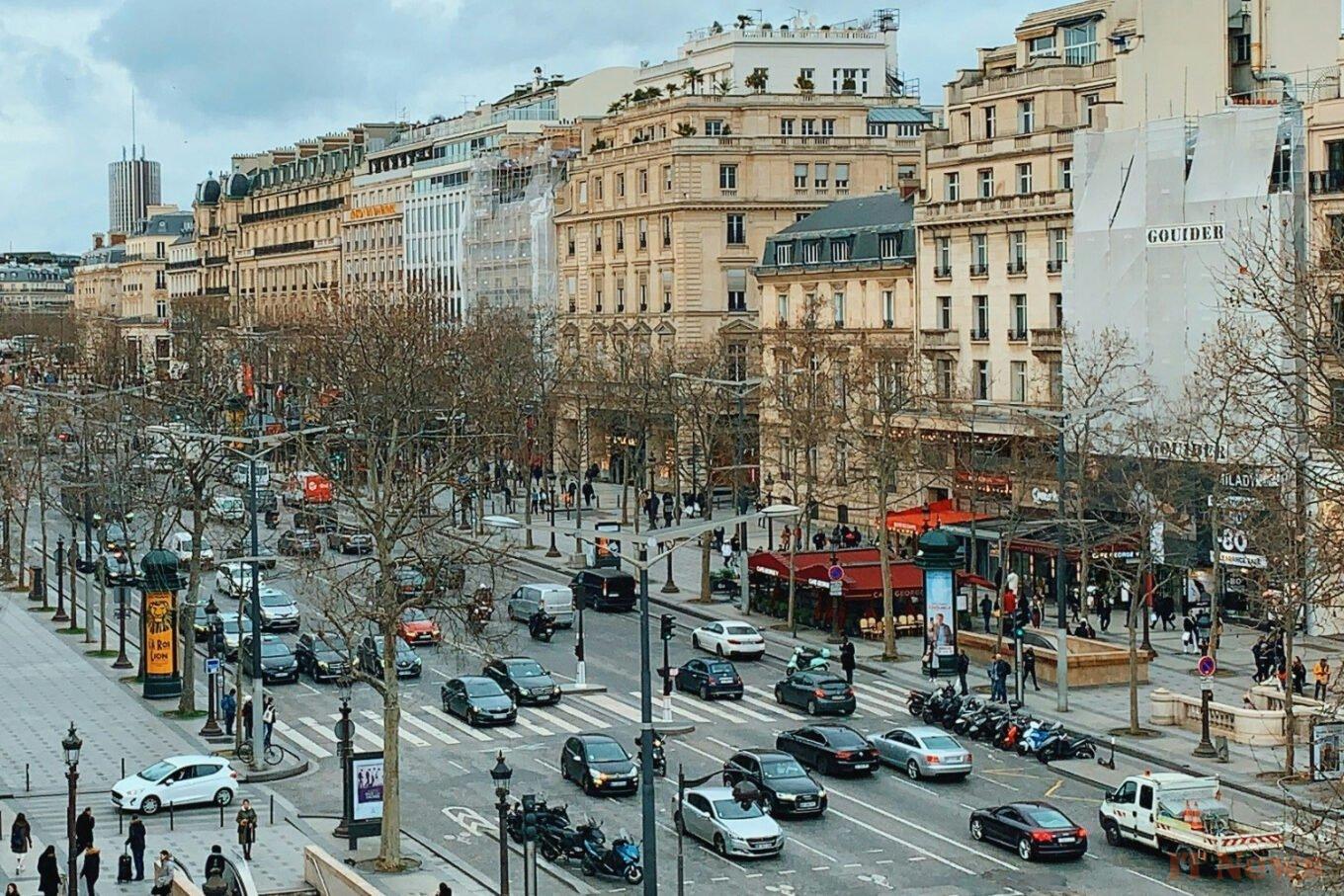Optimizing road traffic is a complex and costly issue for urban environments: as cities grow and transport networks become denser, traffic management becomes increasingly complex, and traditional methods for organizing traffic flows reach their limits. This leads to longer daily commute times, higher carbon emissions, and even an impact on supply chains; city dwellers spending hours in traffic jams certainly wouldn't disagree with us.
Minimizing this congestion requires each vehicle to choose a specific route from a set of possibilities, knowing that the choices made by one vehicle affect traffic conditions for many other users of the same roads. The size of the solution space for this type of integer-variable problems – the nickname given to this type of combinatorial mathematical problem – grows exponentially with the number of vehicles, routes, and road segments, which can make finding the optimal solution impossible for classical computers, at least within an acceptable timeframe. This is where quantum computing comes in, offering a much more powerful and faster alternative.
A hybrid approach to minimize the consequences of quantum noise
A team of scientists from the University of Melbourne and researchers from the automotive giant Ford have published the results of their research on the application of hybrid quantum-classical algorithms to this road traffic management problem. This type of algorithm uses a quantum processor to perform specific calculations, and a classical computer to manage the general flow of the algorithm, the optimization of parameters and the post-processing of quantum results.
The researchers used different variants of an algorithm – dubbed QAOA, or Quantum Approximate Optimization Algorithm for short – to find approximate solutions to problems that can be reformulated as minimizing a cost function. In this case, the algorithm in question associates a cost with each road segment that increases quadratically with the number of cars using it, creating a large penalty for routes that contribute to congestion. To avoid a trivial solution where no cars are driving, constraints—more precisely, a penalty system—are added to ensure that each car takes exactly one route.
The study's results demonstrate that intelligently adapting algorithms to the constraints of current quantum hardware—still very sensitive to unwanted perturbations and errors that occur when manipulating qubits—can lead to significant performance improvements. The approximate solutions were thus qualified as “good enough” while maintaining an acceptable execution time. This type of hybrid algorithm could therefore make it possible to use quantum computing immediately to tackle real-world problems such as traffic flow management, without waiting for the arrival of fully fault-tolerant systems.




0 Comments